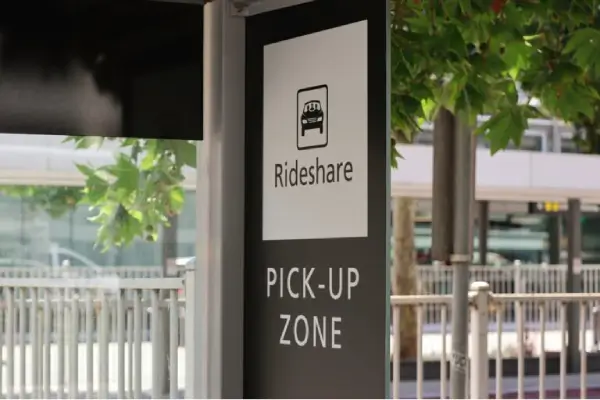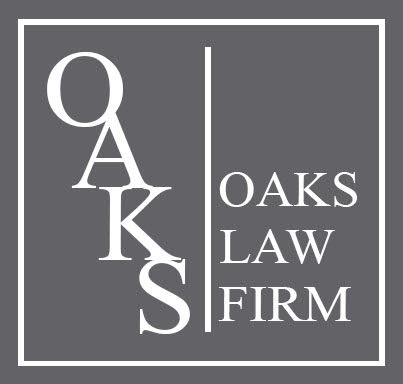Will Uber/Lyft and Rideshare Insurance Cover You For Your Loss Based On The New CA AB5 Law?

The classification of rideshare drivers as either employees or independent contractors has been a drawn-out battle in California, with significant implications for accident claims. California’s “AB5 law,” which reclassifies many gig workers as employees, has played a pivotal role in this ongoing debate. Understanding how this law affects rideshare accident claims is essential for anyone injured in an Uber, Lyft, or another type of rideshare accident in Los Angeles. It has a direct impact on the rights of both drivers and passengers to recover injury compensation.
How does this affect you, the injured victim involved in a Rideshare (Uber/Lyft) accident claim? If the driver of a Rideshare is an employee, then, generally, there would be a bigger insurance policy to cover all injuries as opposed to the driver’s own personal coverage, which may not be enough to cover all of your damages. Read below for further information and clarification…
AB5 and its impact on rideshares like Uber and Lyft
California’s Assembly Bill 5 (AB5), enacted in 2019, was designed to address the misclassification of workers as independent contractors rather than employees. Under AB5, many gig workers, including rideshare drivers, were reclassified as employees, granting them access to benefits and protections such as minimum wage, overtime pay, and workers’ compensation. This reclassification was intended to provide greater security and fairness for workers in the gig economy.
However, rideshare companies like Uber and Lyft strongly opposed AB5, arguing that their drivers prefer the flexibility of being independent contractors. In response, the companies launched Proposition 22, a ballot measure that would exempt rideshare and delivery drivers from AB5, allowing them to remain classified as independent contractors while offering some limited benefits. In 2022, California voters passed Proposition 22, effectively overturning AB5 for rideshare drivers and reclassifying them as independent contractors.
However, the passage of Proposition 22 did not end the legal battle. The law has faced challenges in the courts, with opponents arguing that it violates the California Constitution by limiting the state legislature’s ability to enact laws governing workers’ rights. As of this writing, the California Supreme Court is reviewing the constitutionality of Proposition 22, with a decision still pending.
What does AB5 uncertainty mean for rideshare accident victims?
This legal uncertainty leaves rideshare drivers and accident victims in a state of limbo. The classification of drivers as either employees or independent contractors has significant implications for accident claims, affecting everything from liability to compensation.
The classification of rideshare drivers under AB5 or Proposition 22 has a direct impact on how accident claims are handled. If drivers are classified as employees, the rideshare companies they work for may be held more accountable for accidents, potentially increasing the compensation available to victims. As employees, drivers would be covered under the company’s insurance policies, which typically offer more comprehensive coverage than the policies available to independent contractors.
On the other hand, if drivers remain classified as independent contractors under Proposition 22, the responsibility for compensation may shift more heavily onto the individual driver. Independent contractors often carry their own insurance policies, which may have lower coverage limits than those provided by the rideshare companies. This can complicate the process of securing adequate compensation for accident victims, particularly in cases involving serious injuries or wrongful death.
Why legal guidance is important amid changing California law
This is a complex legal battle that will require a litigator and an experienced attorney to hold the Rideshare (Uber/Lyft) companies accountable. The ongoing legal battles create uncertainty about the stability of any claims made under current laws. If Proposition 22 is eventually overturned, it could lead to a reclassification of drivers once again, potentially reopening past claims or altering the landscape for future claims. This uncertainty underscores the importance of having legal guidance when navigating rideshare accident claims in Los Angeles.
Given the complexities of the legal landscape surrounding AB5 and Proposition 22, it is crucial for anyone involved in a rideshare accident in Los Angeles to seek experienced legal counsel. If you were injured or a loved one was killed in an LA rideshare accident, contact Oaks Law Firm for a free case evaluation. Our knowledgeable personal injury lawyers serve the San Fernando Valley and surrounding area. We can help you navigate the evolving laws, ensuring that you understand your rights and never accept less financial compensation than you deserve.
“Oaks Law Firm is one of the best law firms in Los Angeles. Give them a call if you need any help with an injury case.” – Christopher D.

